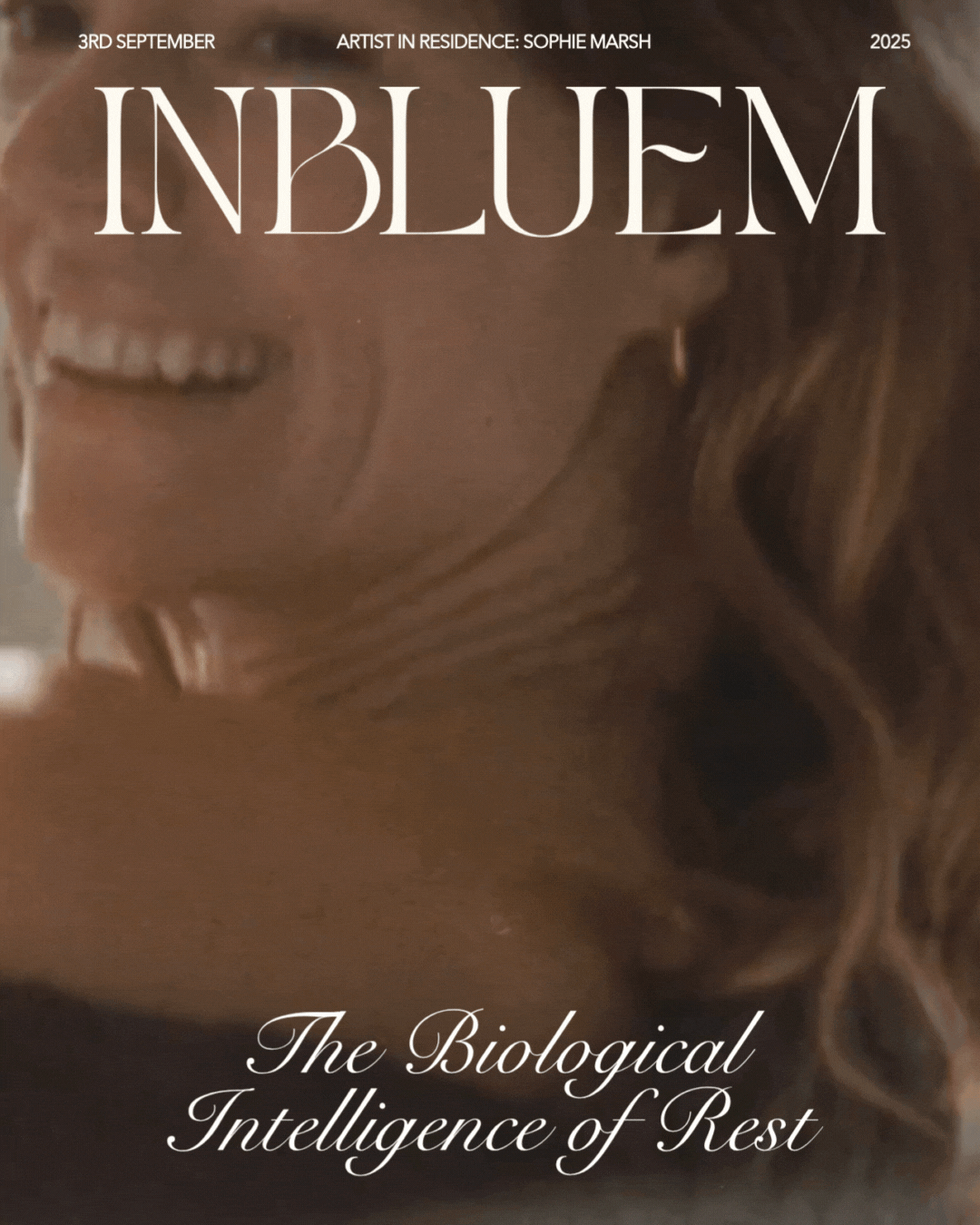The Biological Intelligence of Rest

We tend to think of rest as productivity's opposite. A pause. A reward. A temporary shutdown before we return to what really matters.
But nature tells a different story.
In living systems, rest is never idle. Dormant trees are storing energy. Soil regenerates when left fallow. Animals enter sleep not as escape, but as preparation. In the forest, rest is not a break from function, it is part of the function. It is when the real work happens: repair, recalibration, resilience.
The human body is no different.
Biologically, rest is not indulgence—it's infrastructure. Our parasympathetic nervous system, responsible for healing, digestion, and long-term vitality, can only activate when we feel safe enough to slow down. This is not theory. Neuroscientist Matthew Walker's research shows even minor sleep deprivation disrupts memory consolidation and reduces the brain's ability to learn by over 40%. Chronic rest deprivation impacts everything from immune health to hormone balance to emotional regulation.
Yet, in modern life, we design systems that suppress this intelligence.
Our cities reward continuous output, built on linear time and measurable results. We've outsourced cycles to machines, overridden fatigue with caffeine, rebranded burnout as ambition. We celebrate doing more with less—until there's nothing left of us to give.
We often make rest the opposition of responsibility, when in fact it is the condition that makes responsibility sustainable.
Rest allows rhythm to recommence.
A well-rested body absorbs stress like rich soil absorbs water, with resilience, regeneratively, and ready to nourish what comes next.
This doesn't mean rest has to be long or dramatic. Environmental psychology reveals that even short exposure to natural sounds—running water or rustling leaves—can activate the vagus nerve and shift the body into calm. A single deep breath. A moment of warm light. The texture of soft fabric. Beyond aesthetic or sensory cues, they are biological signals.
When rest is woven into the day before it becomes a necessity of collapse, it has potential to be intelligence. A signal to the self that safety is possible. That the body is not a machine. That slowing down is not failure, but feedback.
This redefinition is both cultural and deeply personal. We opt in and out of rest constantly.
Because when we recongise rest as more than indulgence it rewrites the rules of worth. It tells us that sustainability is not just a climate issue, but a nervous system issue. That health is not found in pushing through, but in pausing with intention.
And when we begin to trust the duality of activation and restoration, of doing and digesting, we return to the deeper truth: We are nature.
And with or without our willpower, our bodies operate with this oneness.






Leave a comment
This site is protected by hCaptcha and the hCaptcha Privacy Policy and Terms of Service apply.